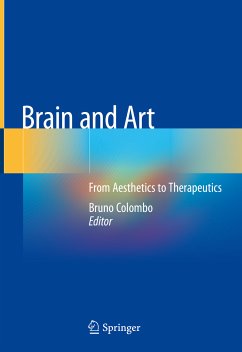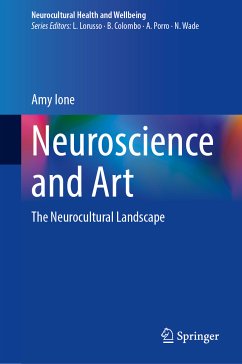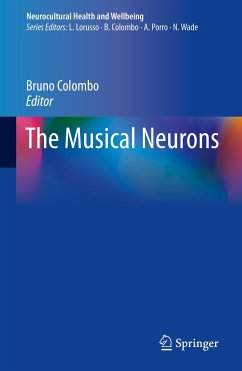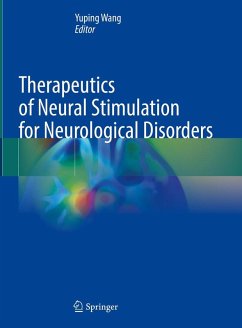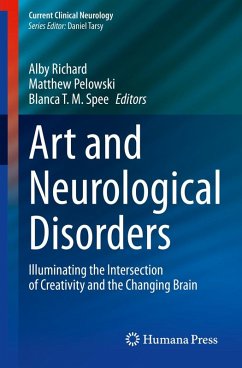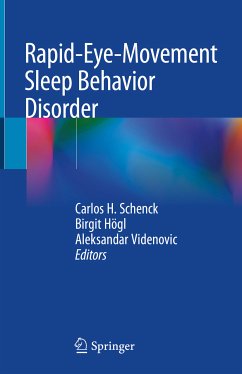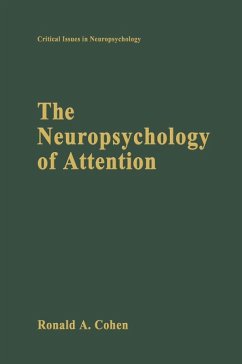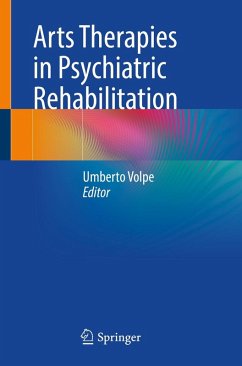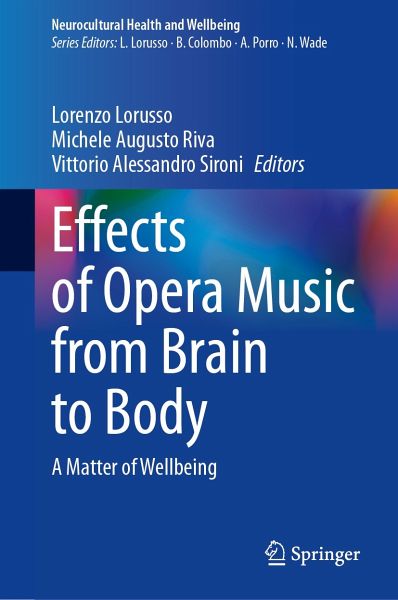
Effects of Opera Music from Brain to Body (eBook, PDF)
A Matter of Wellbeing
Redaktion: Lorusso, Lorenzo; Sironi, Vittorio Alessandro; Riva, Michele Augusto
Versandkostenfrei!
Sofort per Download lieferbar
56,95 €
inkl. MwSt.
Weitere Ausgaben:

PAYBACK Punkte
28 °P sammeln!
This book explores the connection between melodrama and medicine from multiple perspectives. Neuroscientists study the relationship between opera and brain functioning in the light of new findings in the fields of neurophysiology, neuroimaging, cognitive science and neuro-musicology; clinicians investigate the therapeutic potential of music, especially in the field of treatment and rehabilitation of individuals with neurodegenerative diseases; medical historians analyse the representation of diseases and those who cure diseases within operas; occupational doctors report descriptions of diseas...
This book explores the connection between melodrama and medicine from multiple perspectives. Neuroscientists study the relationship between opera and brain functioning in the light of new findings in the fields of neurophysiology, neuroimaging, cognitive science and neuro-musicology; clinicians investigate the therapeutic potential of music, especially in the field of treatment and rehabilitation of individuals with neurodegenerative diseases; medical historians analyse the representation of diseases and those who cure diseases within operas; occupational doctors report descriptions of diseases that affect workers in the opera world and particularly focus on psychiatric and psychological alterations.
Opera, with its instrumental and vocal accompaniment, is considered the most complete form of theatrical performance. However, little is known about the mechanisms of brain activity under the influence of melodrama on singers, musicians, and listeners. The use ofneuroimaging techniques has enabled a better understanding of the neuronal mechanisms and circuits involved during an opera performance. Over the past 20 years, melodrama has increasingly been used as a therapeutic approach in various neurological and neuropsychiatric pathologies, such as depression, cognitive impairment, and even coma.
The book also discusses the ways in which melodrama affects professionals involved in music and interventions to reduce or alleviate occupational diseases, leading to improved health and higher life satisfaction. The ultimate goal is to improve therapeutic interventions in neurological diseases and professional disorders, relying on solid neuroscientific data.
This book will be of great interest to neurologists, neurobiologists, psychiatrists, occupational doctors and therapists in music.
Dieser Download kann aus rechtlichen Gründen nur mit Rechnungsadresse in A, B, BG, CY, CZ, D, DK, EW, E, FIN, F, GR, HR, H, IRL, I, LT, L, LR, M, NL, PL, P, R, S, SLO, SK ausgeliefert werden.




